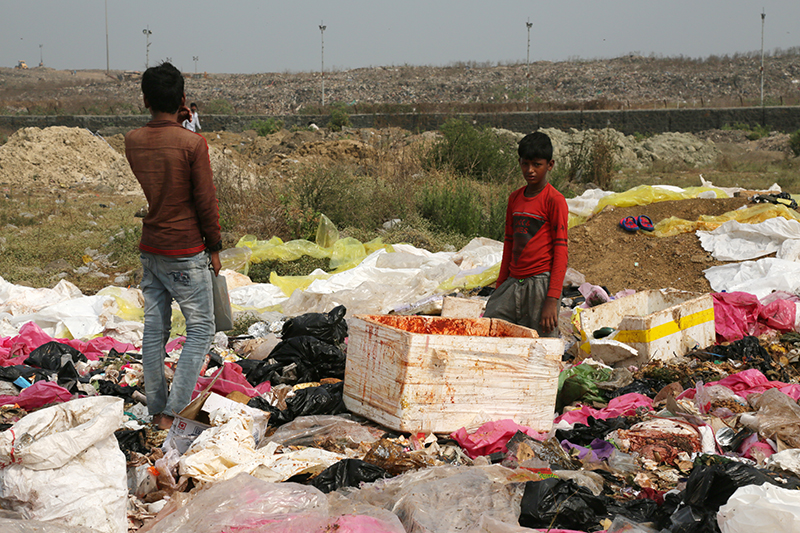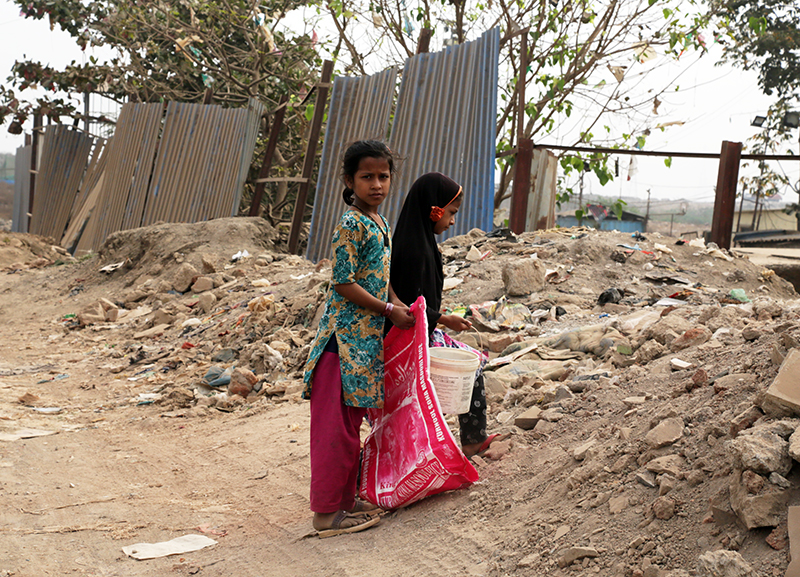Blog
World Day Against Child Labour
Our learning tells us that a child should dream and should be free of all inhibitions and fears and all the negative things happening around. Childhood is one of the best periods of our life and it is same for all the children whether they are from the villages or from the cities. There is no discrimination at all…really? Or is there??
For some children in this world, being poor is only heard of in fairy tales and similarly for many others across the world, living a normal life in the comfort and security of a complete family is a dream and the end of the good old stories.
Yes, this is the harsh reality of all the so-called third world countries and it also resonates across developing countries like India. According to the census of 2011, in India more than 10 million children between the age groups 5 and 14 years are child labours. Well, this count is just data that has been recorded and reported, however, in reality, there are many more children hidden behind those four walls of their shanties, struggling every day for basic educations and guidance and who can only dream of a good life.
For India, this situation is inevitable because of the huge population and poverty. People with bigger families consider those tiny hands as their helping hands in getting bread and butter for the family. At the tender age of 3 years, these children start standing along with their parents at the road signals in the hope to win over some sympathy and empathy from passers-by. Steadily and slowly they understand that this is the only way they can earn their life and end up making this a way of life.

Working in the dump collecting metal scrap, lumber and other solid waste is the livelihood for hundreds of children in Mumbai, and their families. Photograph by Susanna Carpintero
The worst forms of child labour
Septic tank cleaning is amongst one of the most dangerous jobs and a much required one for a city of millions. Many families working on these jobs often force their children to enter the smaller openings to these septic tanks. Without any protective gear such as gloves and masks, a lot of these families have had to sacrifice their children to this demon as children lose consciousness and fall to their death..
Also, it is very easy to get skilful work such as embroidery designs done on the costly materials by these tiny hands and hence, there are so many families in the slum who get these work to be done by their children.
The central legislature of India had promulgated a legislation, the Child and Adolescent Labour Act in 1986 which states that “any person below the age of 14 is termed a child” and further, the CLPR Act, prohibits employment of a child in any job including as a domestic help (except helping own family in non-hazardous occupations).
However, to live in one of the costliest city of India, Mumbai, it is hard to follow these rules and they are often overlooked and ignored and escape from the monitoring authorities. Therefore, in those cramped houses in the narrow lanes of the slums, we find children spending some of the best years of their childhood in earning money and supporting their families far away from their basic rights of education, playing, getting love and freedom of living.

Two girls searching for something to sell as junk goods in the Deonar dumping area, Mumbai. Photograph by Susanna Carpintero
The work of the NGOs
There are lot of government authorities and NGOs who work with the objective of eradicating this ill-practice of child labour in the country. We at Mumbai Smiles Foundation have been working since 2005 is not just the eradication of poverty but also helping secure justice fighting for the Human and Children rights through its J2J (Jump to Justice) projects.
When we started education projects we realised that many of the parents are unaware of the basic rights and law for their children and were literally “using” their children to create more work opportunities and bear a living. Therefore, before starting any educational projects we consider this as our primary responsibility to make all the parents and community members aware of their and their children’s basic rights and assure them of our support only if they agree to give educational freedom to their children and not force them to beg or do any labour work which is against their rights.
We are happy to see that the families who used to send their children for begging or septic tank cleaning have started focusing more on their children’s education and letting them enjoy their right to childhood. These parents are very supportive so much so that in this current Covid 19 pandemic situation they have taken efforts to send a video of their child reciting poems and practicing the alphabet to our preschool education team.
While these street-dwellers are supporting their children on daily development, in the red light areas some of our beneficiaries who are Victims of Human Trafficking are taking good advantage of the Pandemic lockdown and recreating good relations with their mothers and together learning life’s lessons along with our access to school teams.
We hope that on every International day against Child Labour we feel proud to be able to free more and more children and help them enjoy their childhood and dream of a bigger and brighter future.
Komal Sewak
Program Officer, Awareness Department in Mumbai Smiles Foundation






